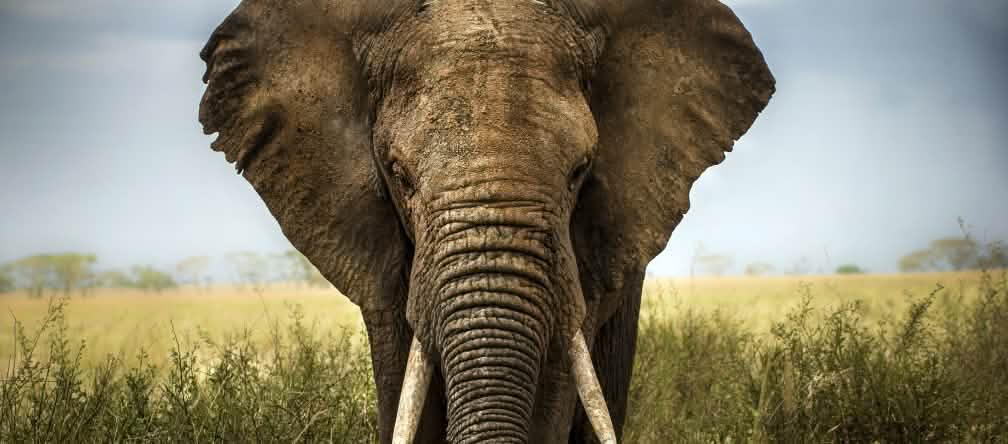
Completed campaign
Tell the EU to stop aiding ivory traffickers!
Poachers kill an African elephant every 15 minutes on average. Despite the desperate situation of these wildlife icons, the EU opposes a total ban on ivory sales that would be crucial to elephants' survival. Tell the EU not to make itself an accessory to criminal gangs of poachers and ivory traffickers.
To: The European Commission and governments of the Member States
“Lust for ivory is pushing Africa’s elephants to the brink of extinction. It is time for the EU to support a complete ban on the trade.”Imagine the savannahs and forests of Africa without elephants – it’s a nightmare scenario that could become reality in ten years if poaching continues at its present pace.
29 African countries are working together to outlaw the ivory trade, convinced that only a total ban will stop the killing. Even the USA and China – the world’s largest ivory importers – are in favor. The EU, however, will be advocating the "sustainable management" of elephants in South Africa, Botswana, Zimbabwe and Namibia at the CITES conference in Johannesburg in September 2016.
Conservationists the world over are appalled: “If the EU prevents an Annex I listing, it will be the beginning of the extinction of the African elephant,” says Andrew Seguya, director of Uganda’s Wildlife Authority.
Despite a near-total ban on the international ivory trade since 1989, poachers kill an elephant on average every 15 minutes. Eliminating loopholes in current regulations and outlawing domestic ivory trade is crucial. Yet the European Commissioner for the Environment, Karmenu Vella, asserts that “scientific criteria” speak against a total ban.
Once-off ivory sales in the years 1999 and 2008 have shown that even a brief legalization of the trade sends poachers on a rampage: criminals use such openings to kill as many elephants as they can.
Please call on the EU to support a total ban on ivory sales. Let’s not let Europe become an accessory to the extinction of the African elephant.
The Convention on International Trade in Endangered Species of Wild Fauna and Flora (CITES, also known as the Washington Convention) was opened for signatures in 1973 and entered into force in 1975.
The CITES conference in South Africa
Strict trade bans are in place for animal species listed in CITES Appendix 1, while protections for Appendix 2 species are much weaker. South Africa, Botswana, Zimbabwe and Namibia are lobbying to keep “their” elephants in Appendix 2 – thus leaving an opening to “manage” elephants and export ivory. The EU is supporting their position.
By contrast, the 29 states of the African Elephant Coalition (AEC) are fighting to extend Appendix 1 protection to all of Africa’s elephants. According to the organization, around 100,000 elephants were killed for their ivory from 2011 to 2013.
The ivory trade and the conservation status of African elephants will be on the agenda of the next CITES conference, which will be held in Johannesburg from the 24th of September to the 5th of October.
To: The European Commission and governments of the Member States
Ladies and Gentlemen,
The killing of African elephants is continuing unabated: without vigorous measures against poaching, they could be extinct within 10 to 25 years.
Despite this grim outlook, the EU is undermining efforts to enact a complete ban on ivory sale. The EU is thus opposing the 29 countries of the African Elephant Coalition (AEC) that are working to ensure the survival of these magnificent creatures – a struggle that is also taking a serious human toll.
At the next CITES Conference of the Parties in Johannesburg, the EU intends to permit South Africa, Botswana, Zimbabwe and Namibia to sell ivory. Furthermore, it advocates keeping the trade in old ivory legal.
Experience has shown that trade in legal ivory stimulates the market and dramatically fuels poaching.
Please support a complete ban on the ivory trade at the Conference of the Parties in September. Do not let the EU become an accessory to the extinction of the African elephant.
Sincerely,

